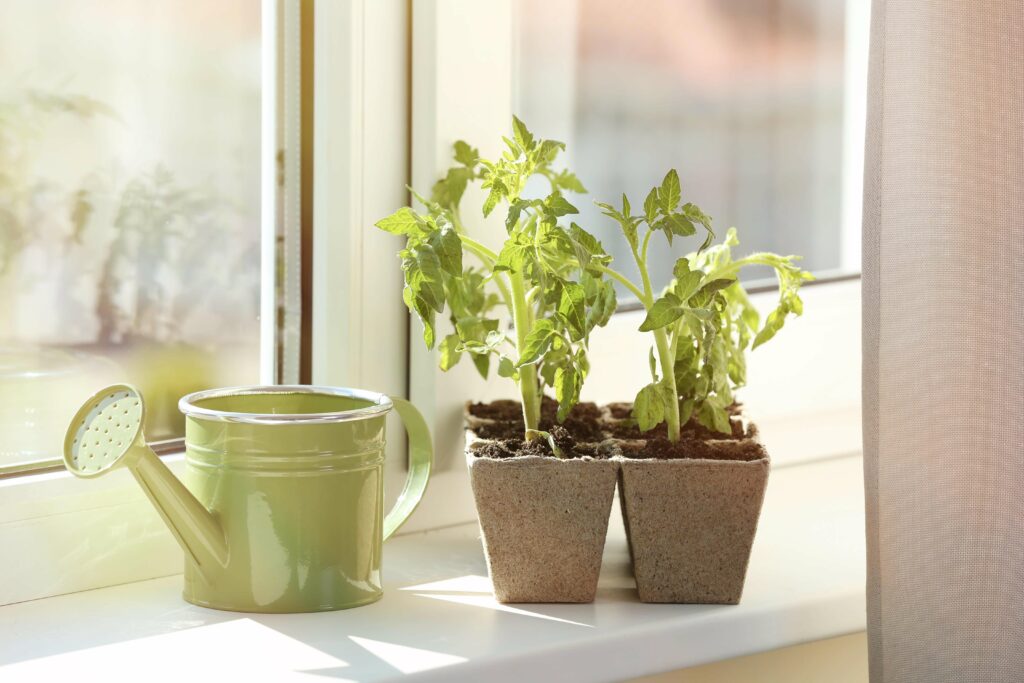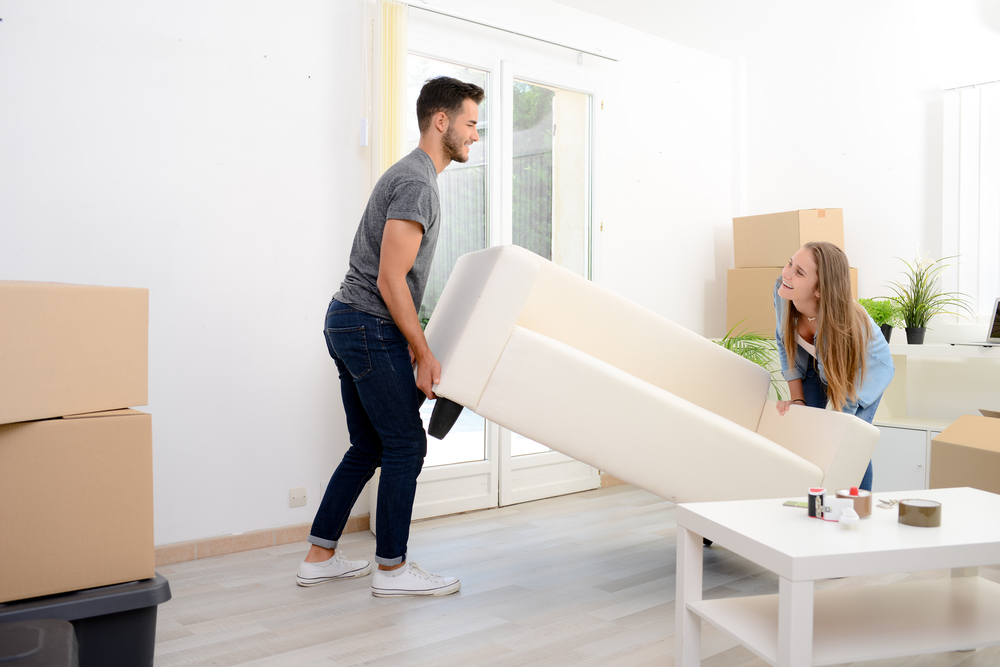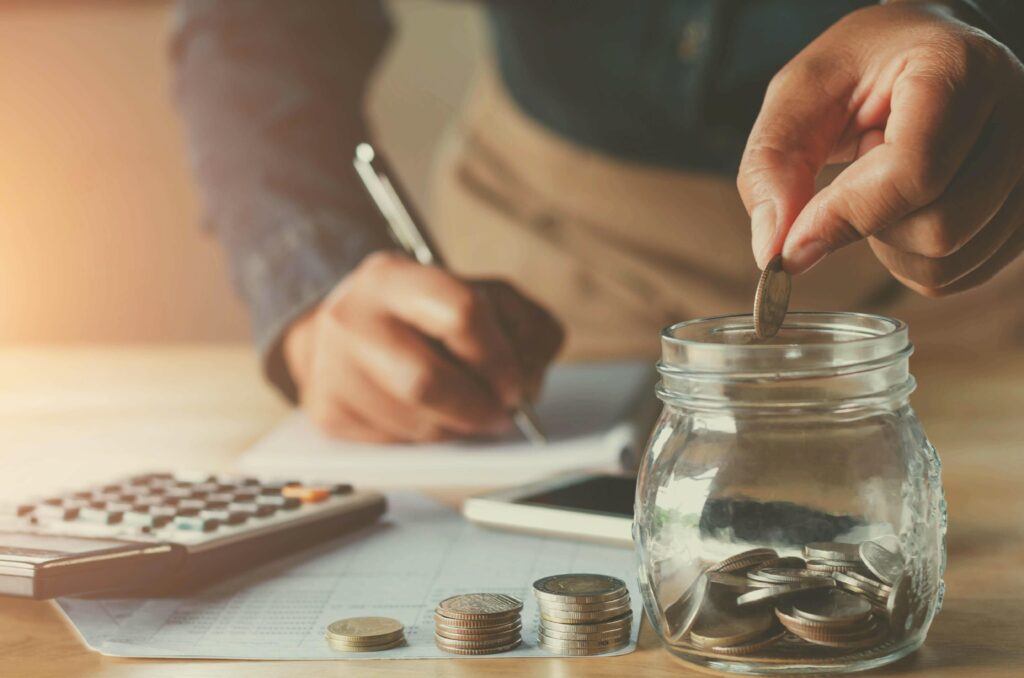A common misconception with apartment living is that you are not able to garden; this could not be further from the truth. The ability to grow fresh and scrumptious vegetables in your apartment is totally feasible! A balcony or outdoor space is prime; however some plants will grow well inside near a window that gets sufficient sunlight.
Decide What You Want to Grow
Before you start planting your vegetable garden, you have to know what you want to grow and what you will actually be able to grow. Take a look around your apartment and decide if your garden will be indoors or outdoors, how much space you have for your garden, and what places get the best sunlight. Are you fortunate to have a balcony, or will you need to plant indoors next to a bright window? Is it winter, or just after Mother’s Day, the best time to move plants outside? What is the duration from seed to harvest for each vegetable you want to grow? Would it be in your best interest to grow individual plants from seed, such as peas, beans, and radishes, or is it a better idea to invest in a starter plant for vegetables like tomatoes, peppers, and broccoli? These are all factors to be analyzed carefully prior to planting, and it may mean you have to do some research.
Find a Container that Fits Just Right
As important as knowing what you want to grow and where, is the container in which you will be growing your vegetables. It is imperative you choose a container that is wide enough and deep enough for what you intend to plant. Should you have a balcony or patio, you might choose to have hanging baskets off the railing next to a couple planters to get the most out of your available planting space. If you plan to plant indoors, use a container that receives enough sunlight when positioned next to a window and can be moved should you decide it needs to be rearranged.
What’s In The Box?
Container planting works best with synthetic soils such as woodchips, sawdust, peat moss, perlite, or vermiculite. Any dirt will work, really, however synthetic soils will make your plants bloom strong. Almost all home improvement, hardware, or gardening stores have synthetic soil available for purchase. A good trick for new green thumbs is to fill the bottom of a container with small, coarse gravel. The gravel layer will not allow your plants to become overwatered.
Keep Your Vegetables Hydrated
Routine watering is the key to greatness. It is easy to overwater and drown vegetables, so keep track of when and how much you are watering. A good water-rule to follow is when the top inch of soil is hard and dry, the plant is ready for more water and the soil may be wet fully. You really only want to water plants in the morning and not at night. When you water your plants at night you are basically letting your kid go to bed with wet socks on; you are going to hurt the plants more than help. Check in on your plants daily but decide on one day per week to water. When you have one designated day per week for watering, it is hard to lose track of your schedule and overwater your vegetables.
Ripe for the Picking
After planting and patiently caring for your vegetables, you get to harvest them. For root vegetables, carefully dig one up and see how healthy and big it has grown before harvesting the rest. Peppers are good to go once they reach full-size but still have a little green to them. As soon as a pea is full and round, yet still tender, they should be pulled from the ground when you are ready to shell and cook them. You have been working hard, you have been patient, and now is the time to enjoy the vegetables of your labor.
Milwaukee, WI Apartments with the Ability to Grow Your Own Vegetable Garden
With spacious floorplans for rent, you will have enough space to grow your own vegetable garden! Read up on the available studio, one-bedroom, and two-bedroom apartments for rent in Milwaukee, Wisconsin!








